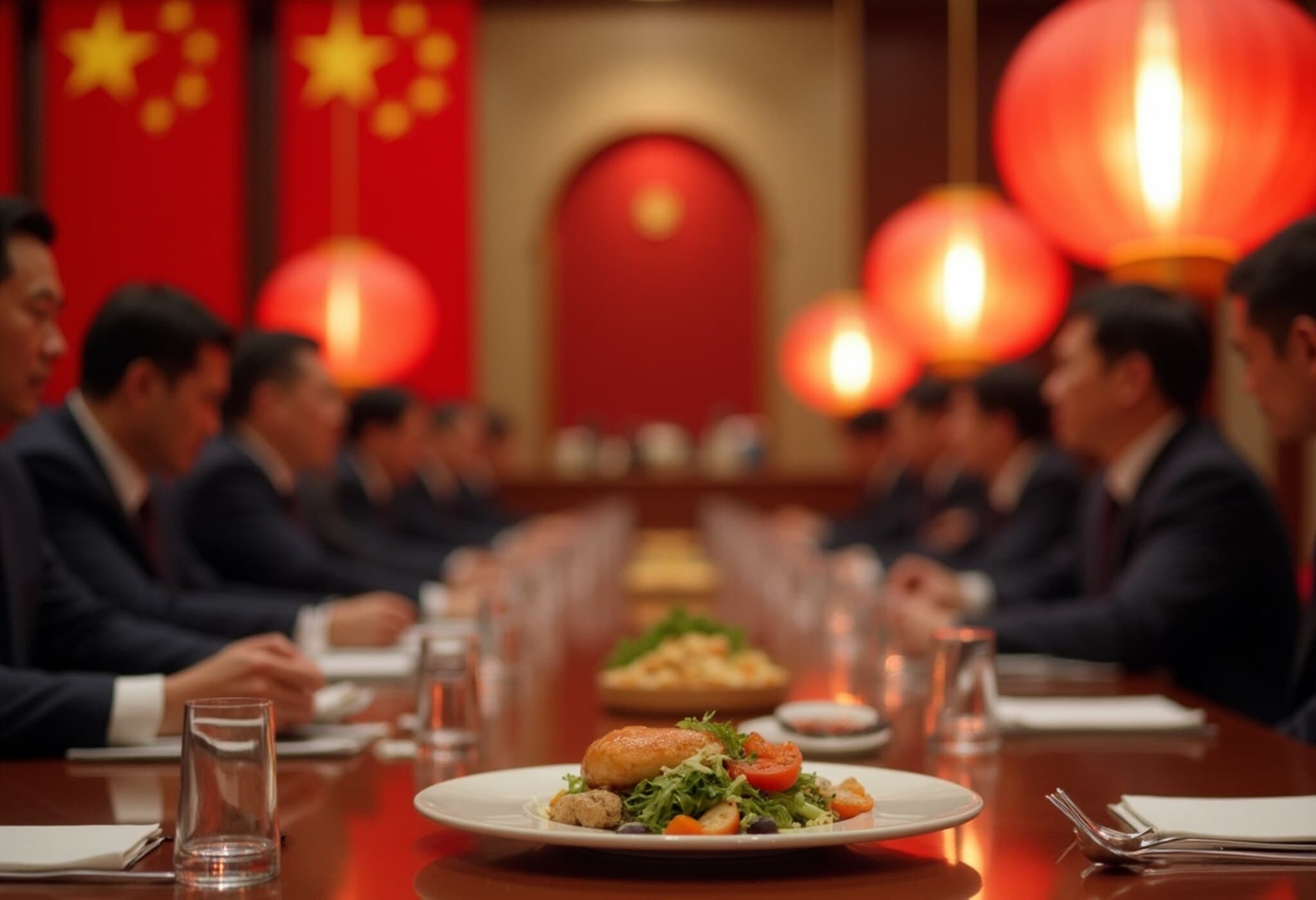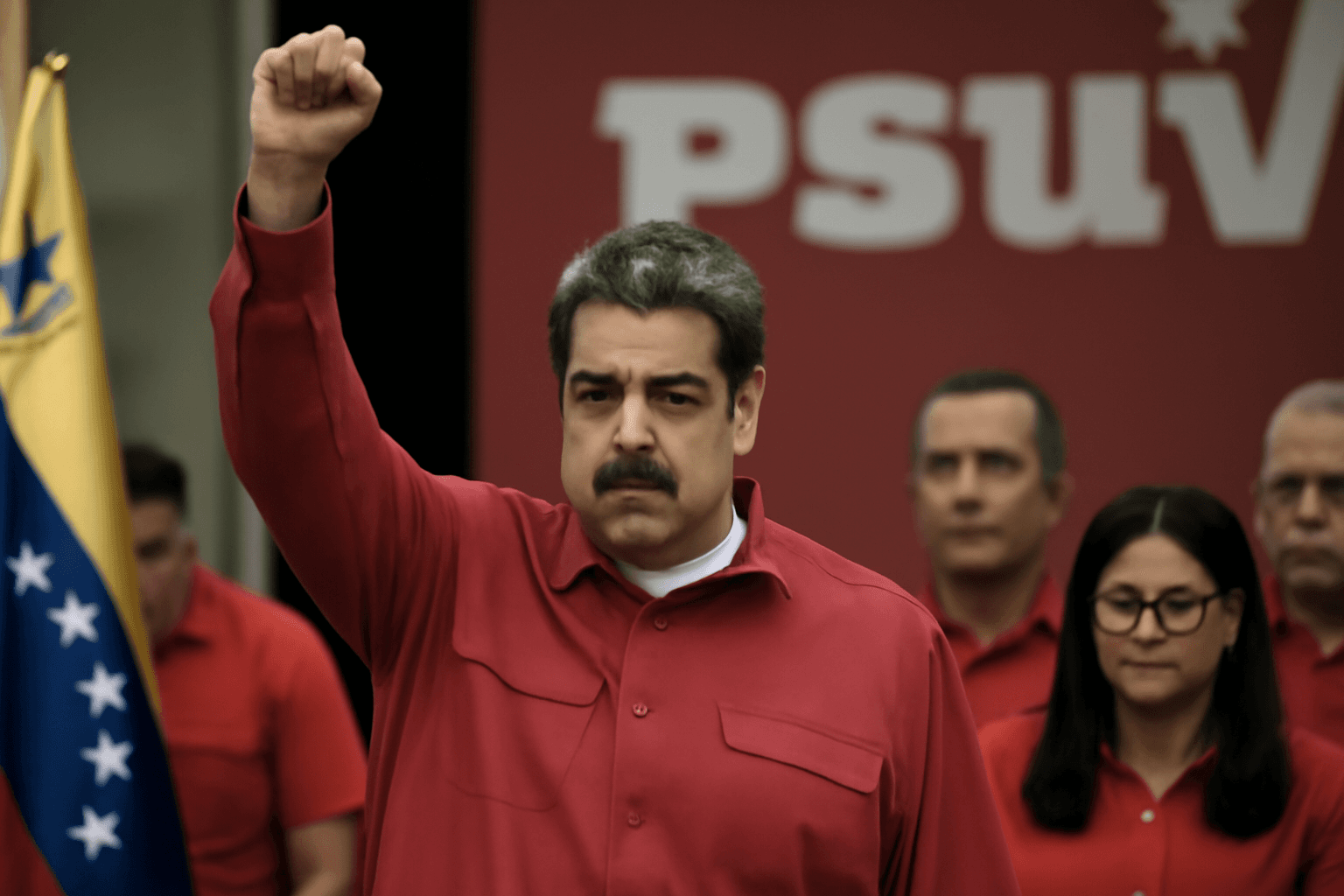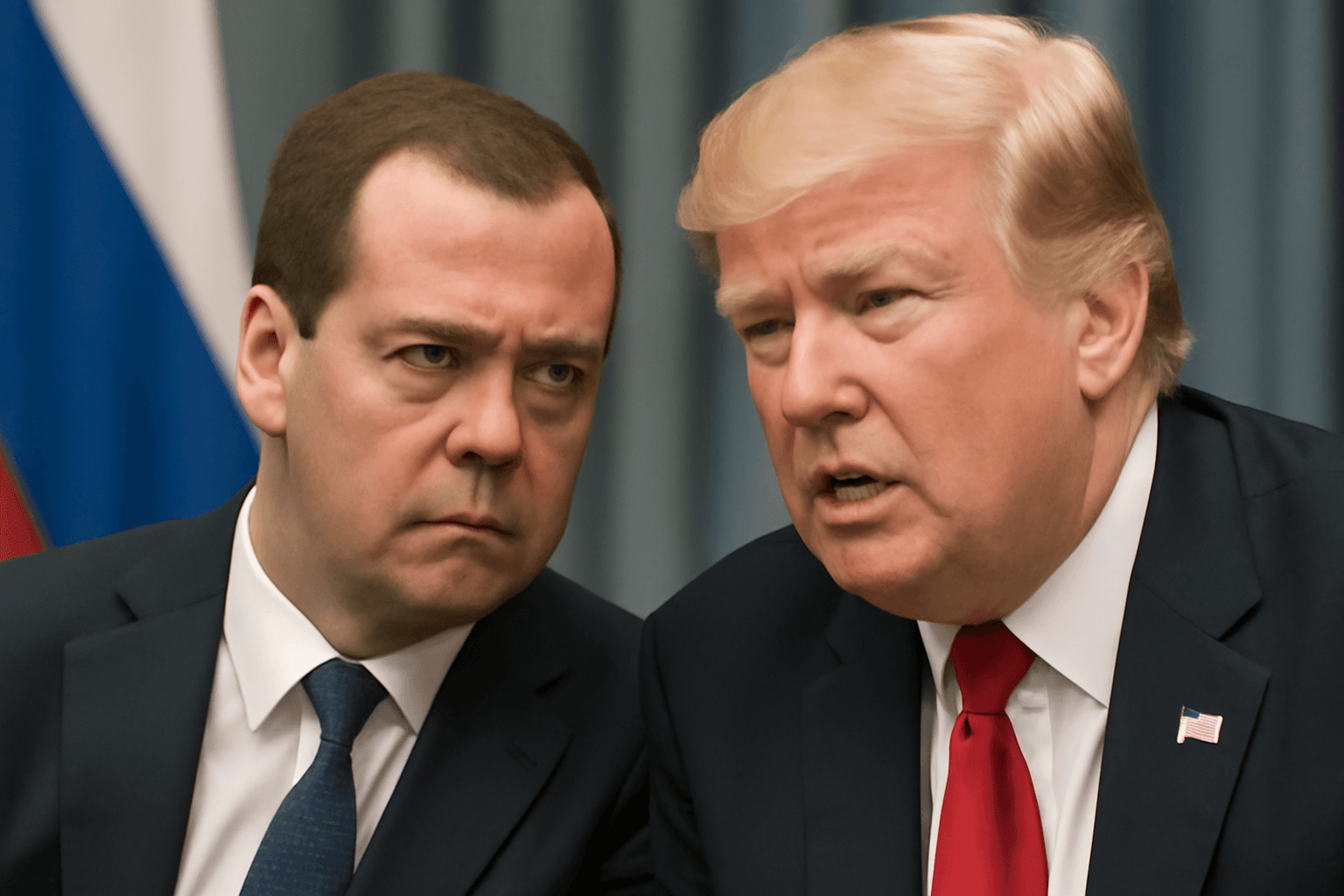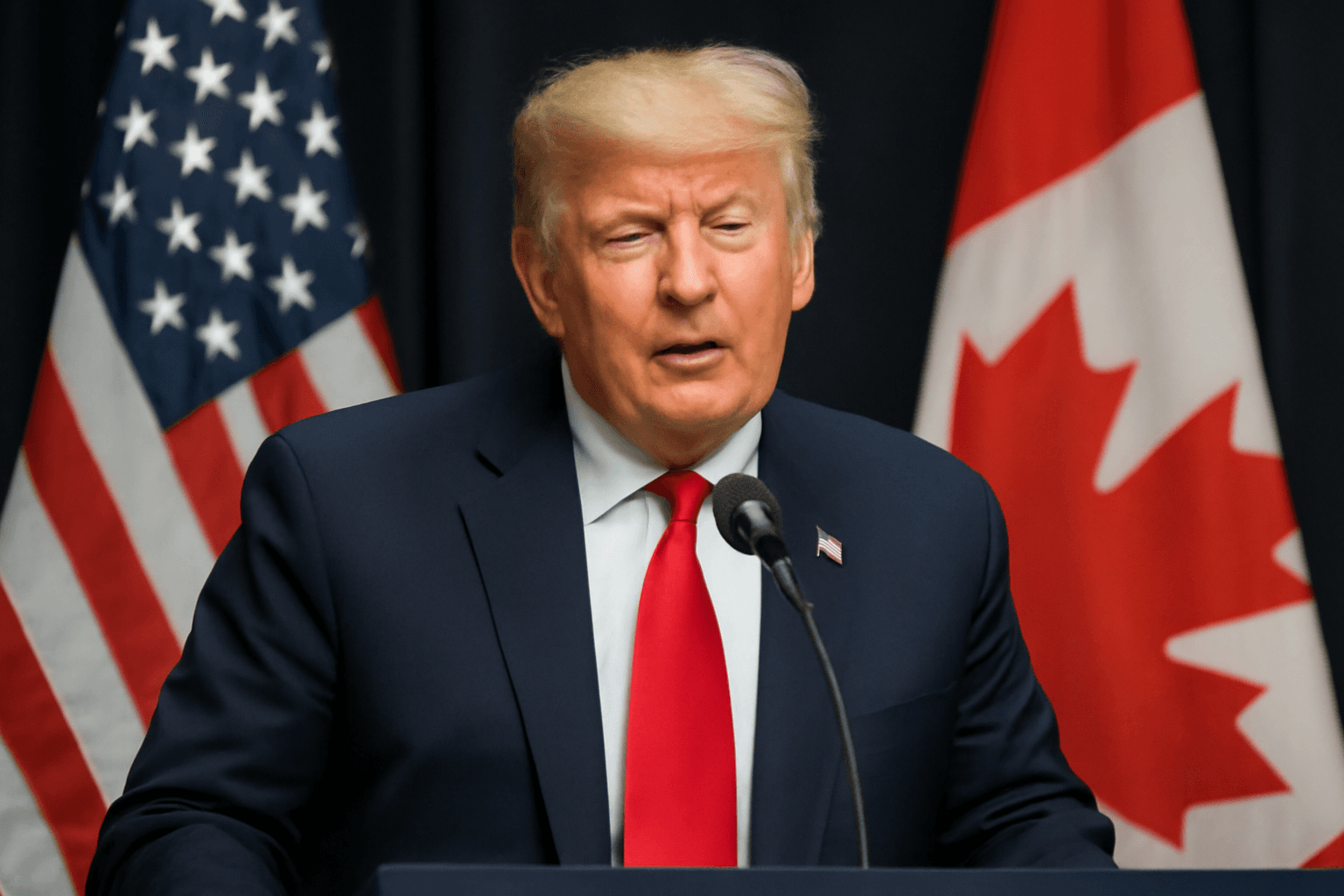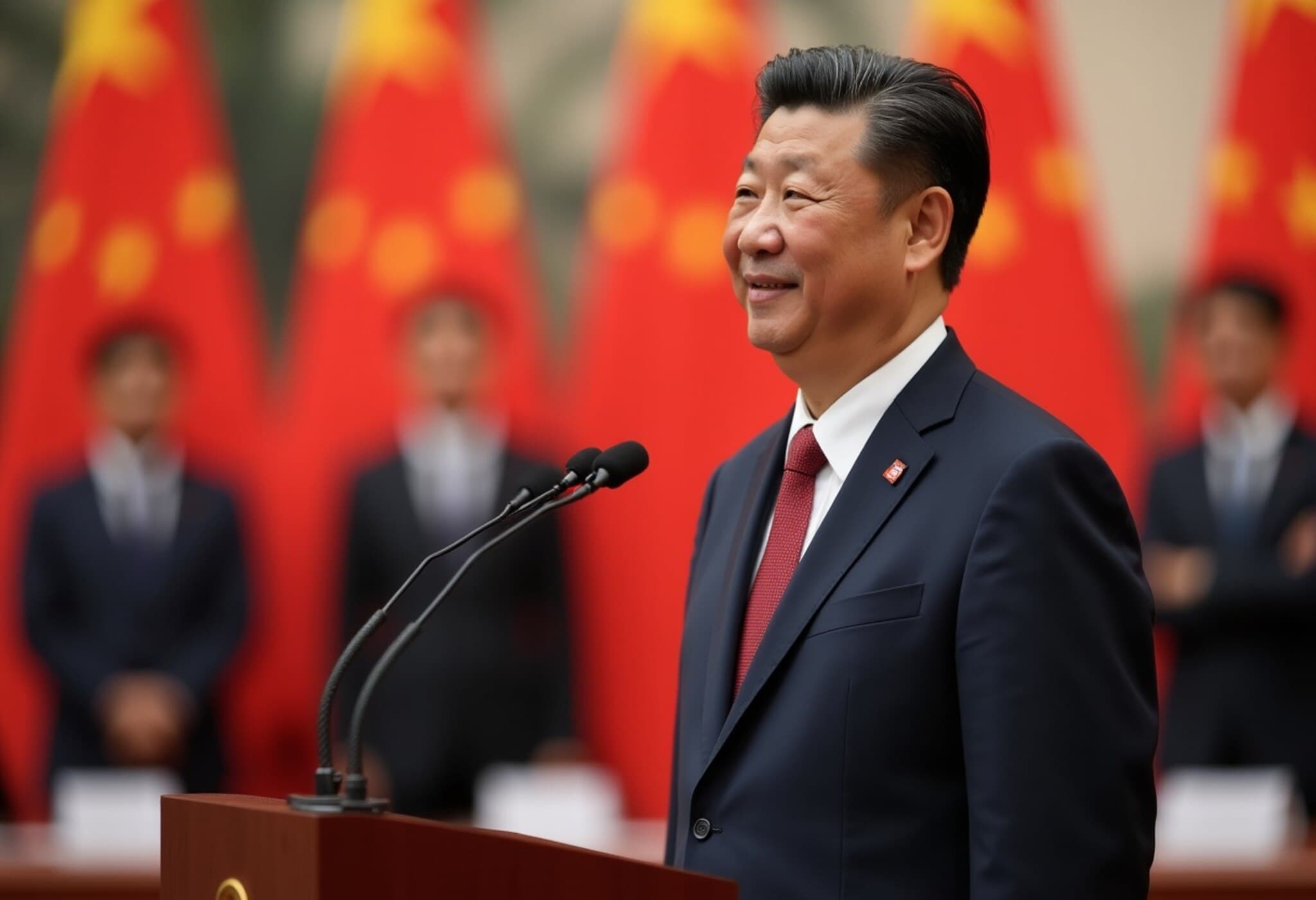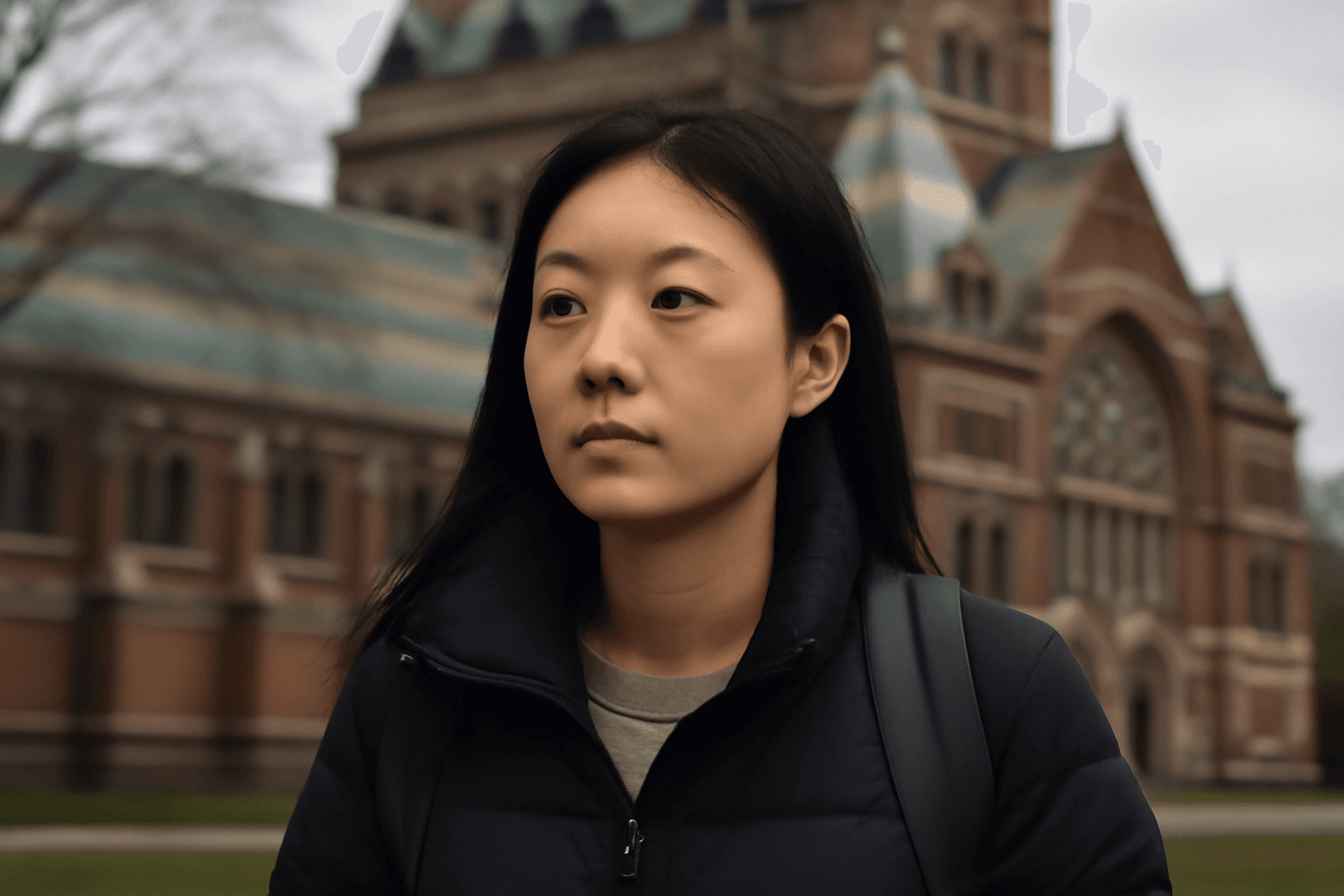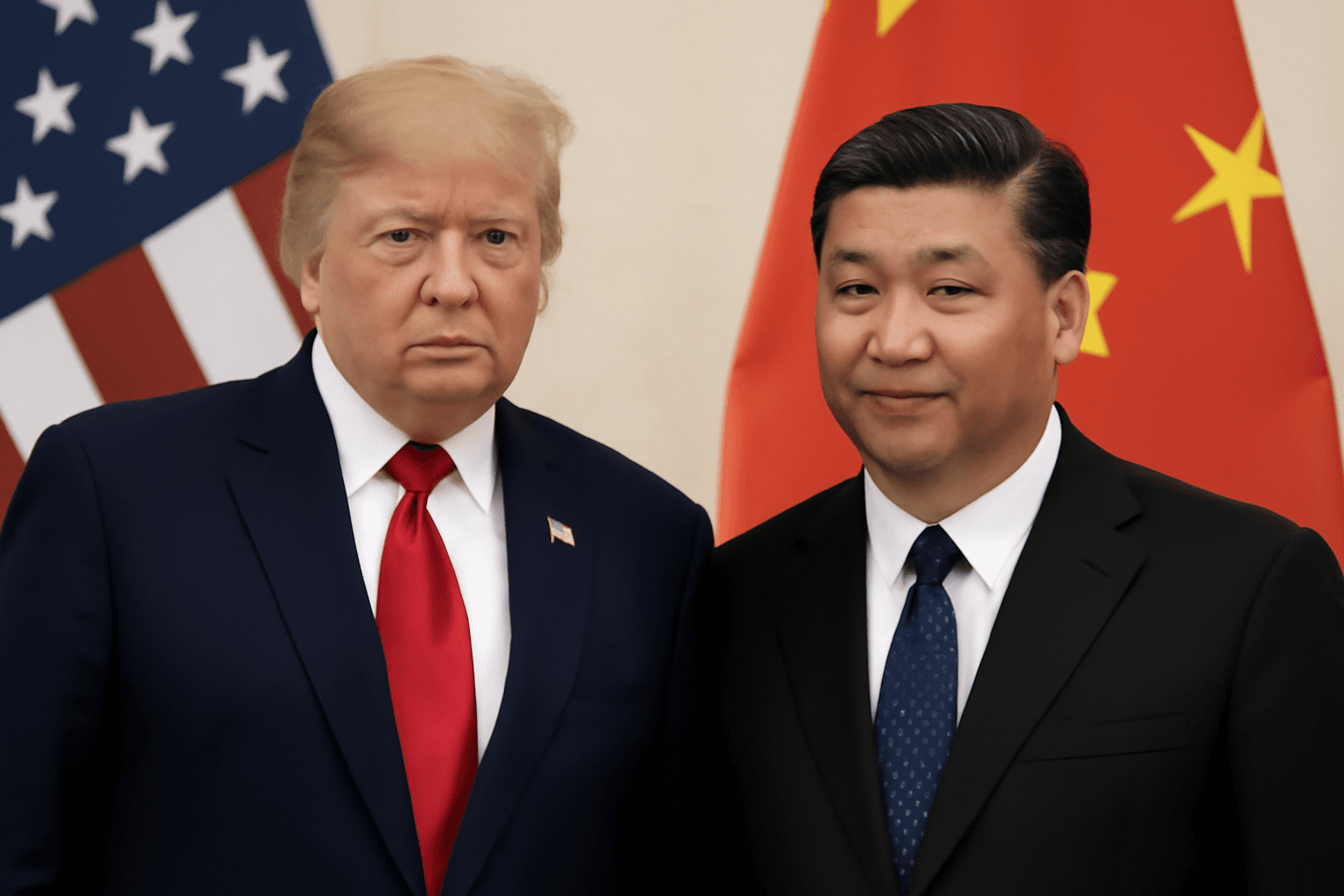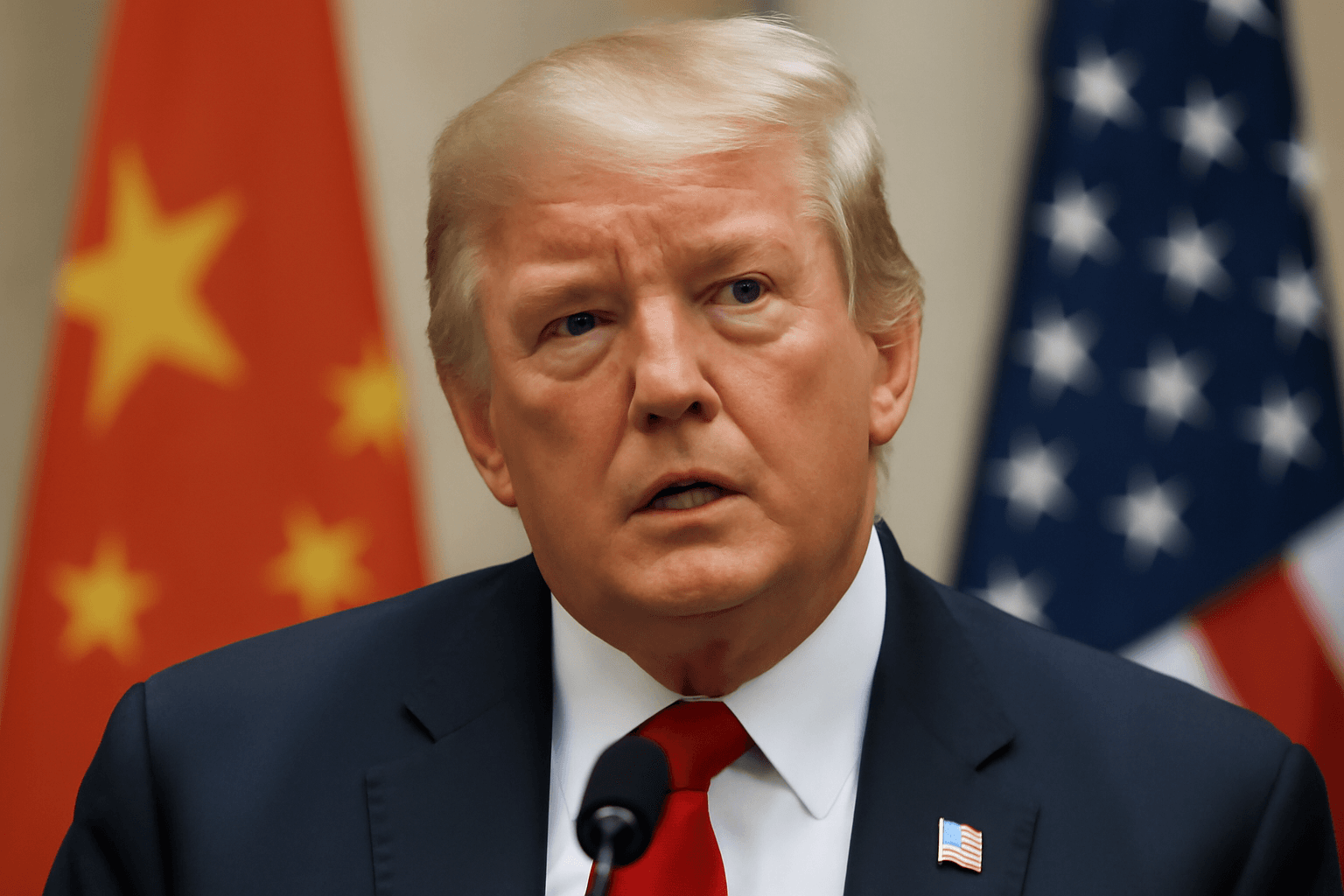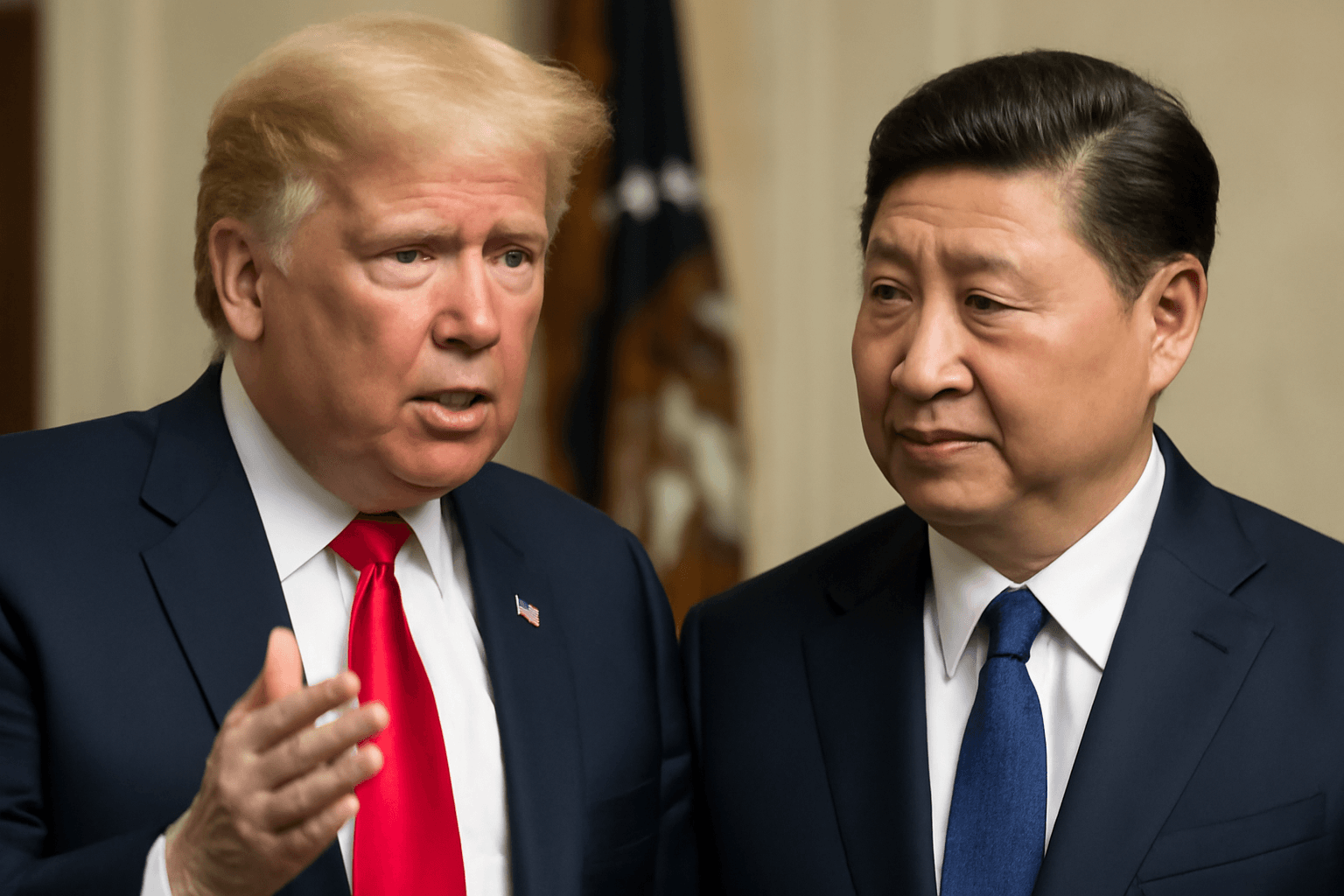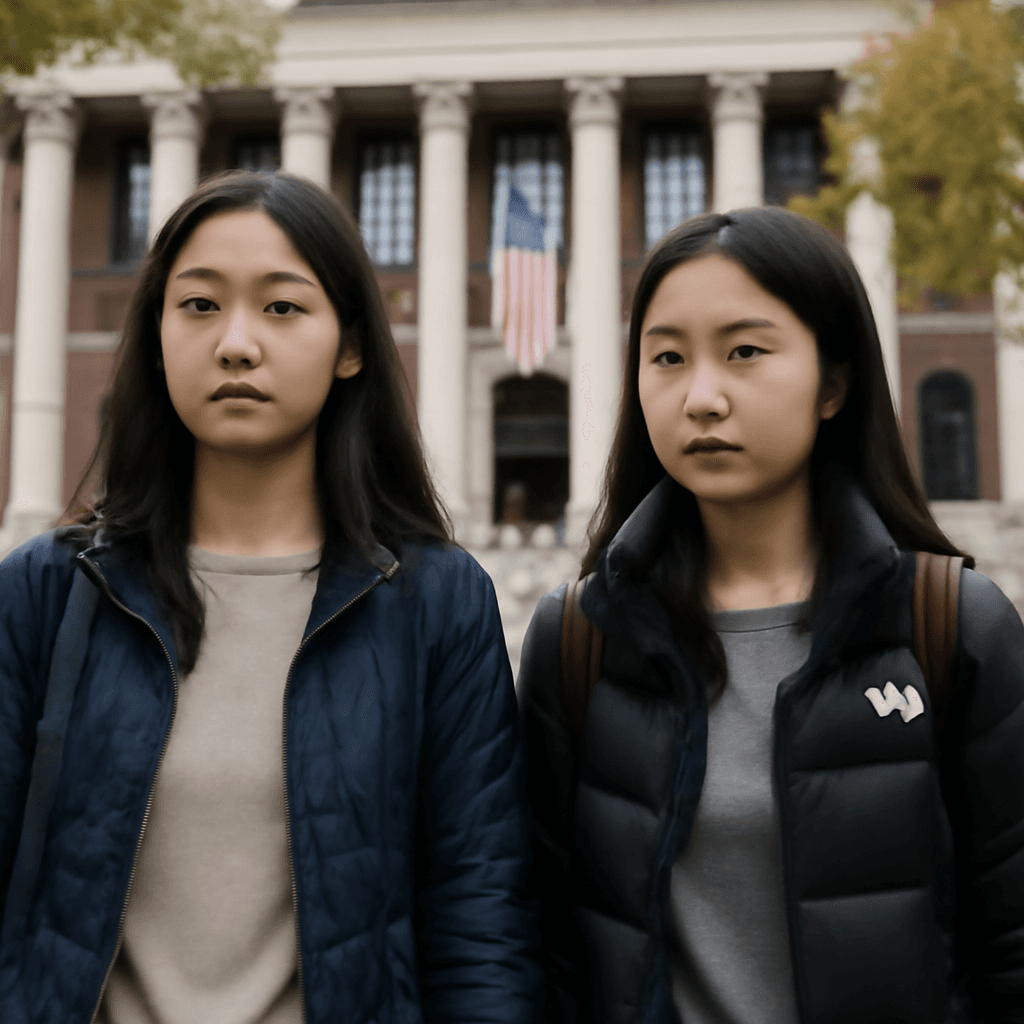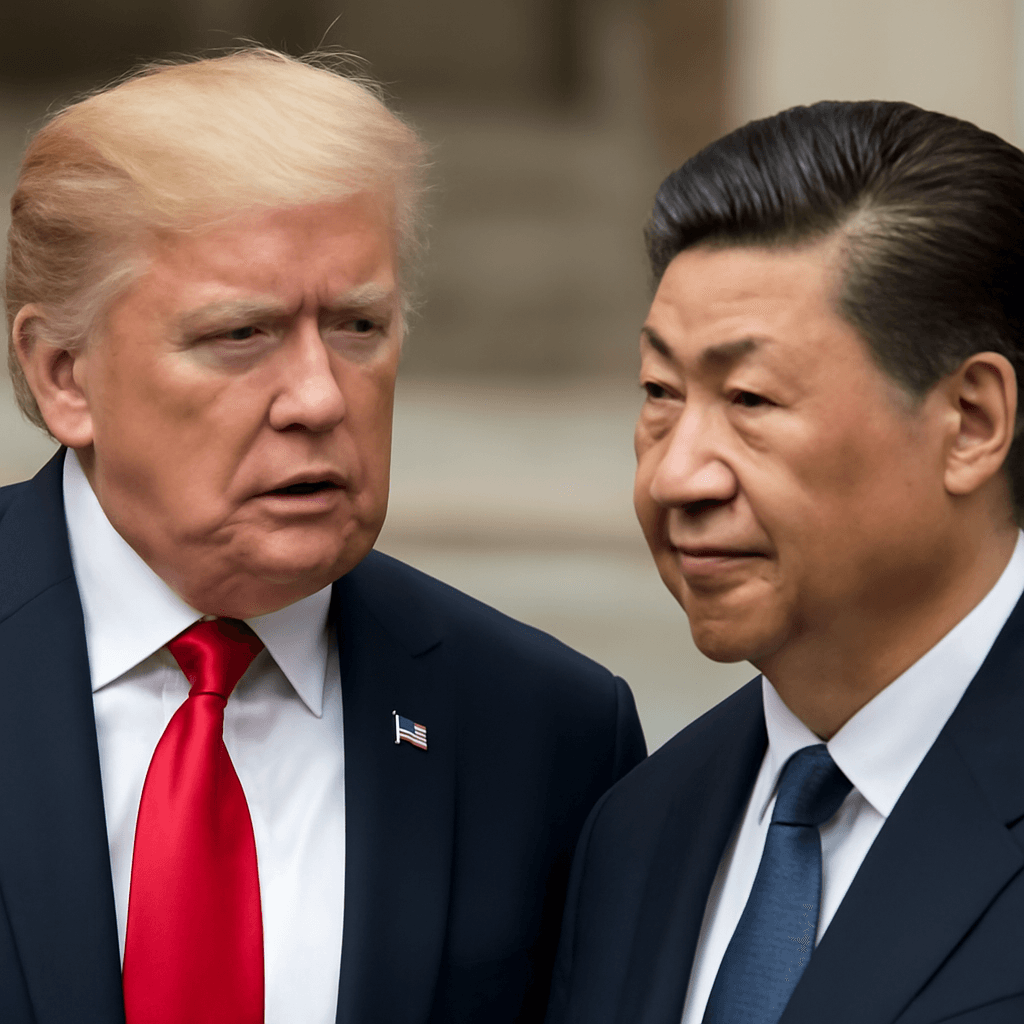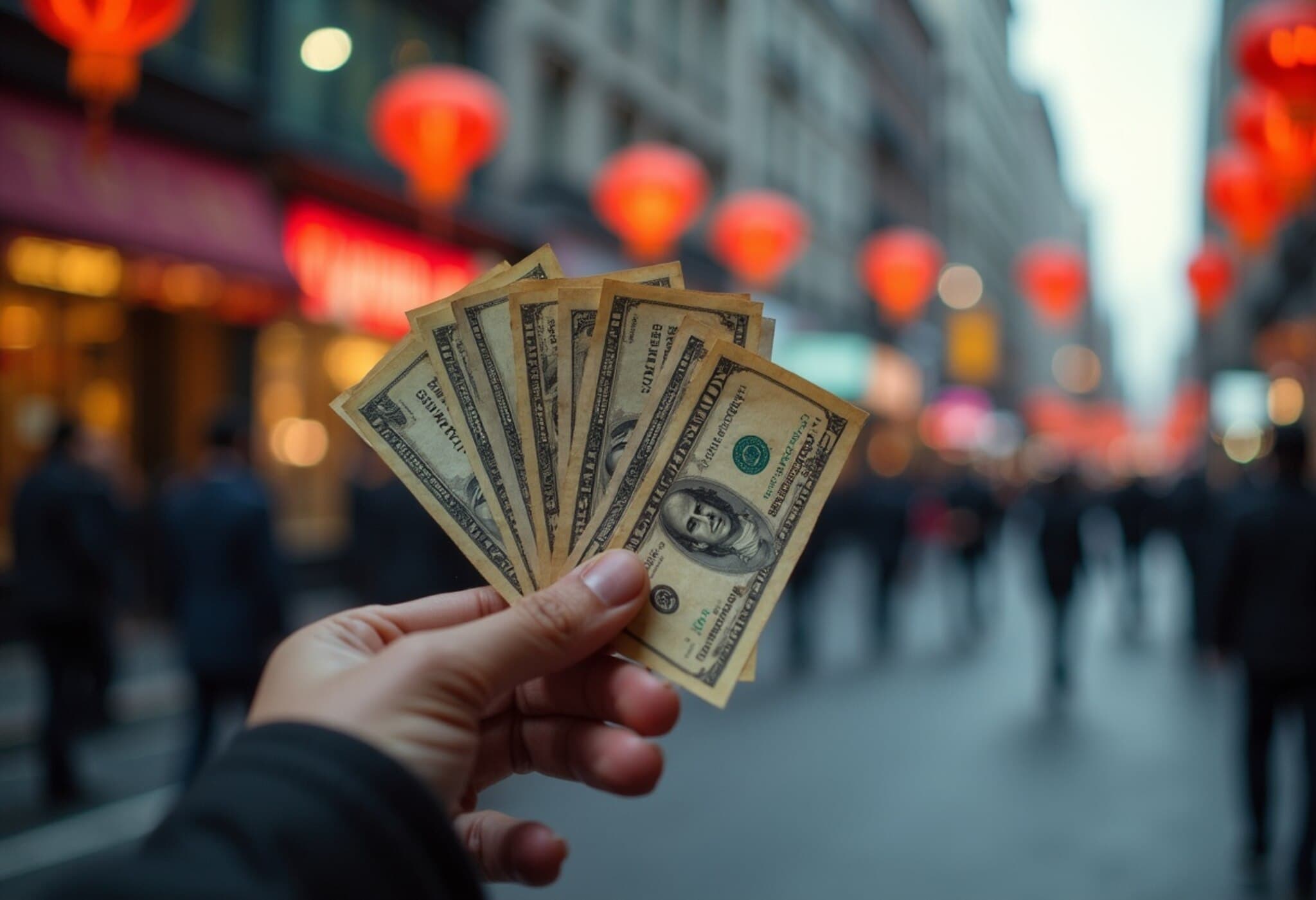China Cracks Down on Luxury in Official Gatherings
In a bold move to reinforce frugality within its ranks, China has updated strict regulations prohibiting alcohol, cigarettes, and gourmet dishes at official meetings. The latest measures, aimed squarely at party and state employees, seek to clamp down on excess and promote austerity in government functions.
Tragic Incident Sparks Renewed Focus on Frugality
Earlier this year, a government official tragically died after consuming large amounts of alcohol alongside four colleagues at a seminar in Xinyang. The gathering was ironically held to educate officials about new rules encouraging prudent spending and simplicity.
During that event, participants drank heavily, going through four bottles of baijiu, a potent Chinese liquor. The incident was reportedly covered up to avoid scrutiny from senior officials, with the family compensated quietly and the cause of death masked as ordinary drinking.
This unfortunate event quickly became a catalyst for intensified disciplinary actions against indulgent behavior within the Communist Party, part of President Xi Jinping’s ongoing campaign against extravagance and corruption.
Stringent New Rules Target Opulence in Official Affairs
Building on a 2013 frugality code, the Central Commission for Discipline Inspection has reinforced prohibitions beyond just banning alcohol and cigarettes. New rules also forbid luxurious dishes, decorative floral arrangements at meetings, elaborate backdrops, and the purchase of expensive equipment for state events.
- No alcohol, cigarettes, or gourmet meals during official gatherings
- Bans on ornamental flowers and lavish meeting decorations
- Restrictions on use of government vehicles for private trips
- Prohibition of gambling while officials travel abroad
According to the disciplinary commission, despite repeated warnings, some officials have ignored these directives, showing neither fear nor respect for party rules.
Political Symbolism and Economic Realities
Experts say these updated guidelines are less about resolving budget issues and more about solidifying political control. One analyst noted the moves bolster President Xi’s image as a leader committed to fighting corruption and excess, particularly when many citizens face economic hardships.
President Xi has been unequivocal, urging officials to "get used to living frugally" while intensifying efforts to root out corrupt conduct. This campaign has led to a record number of disciplinary cases, topping 313,000 punishments in 2024 alone for violating the "eight-point regulations"—a set of rules Xi introduced shortly after taking office in 2012 to curb excess in government.
Upholding Discipline Through Education
Part of the crackdown involves requiring officials to study extensively—engaging with four anthologies of Xi Jinping’s remarks on discipline along with multiple party regulations and directives. This educational approach ensures that austerity and integrity remain central tenets of party culture moving forward.
Conclusion
China’s newly enforced bans on alcohol, cigarettes, and lavish meals at official events symbolize a broader campaign to instill discipline and curb excess in governance. While the economic impact may be limited, the political message is clear: extravagance is no longer tolerated within the party, and frugality is being championed as a core value under Xi’s leadership.

